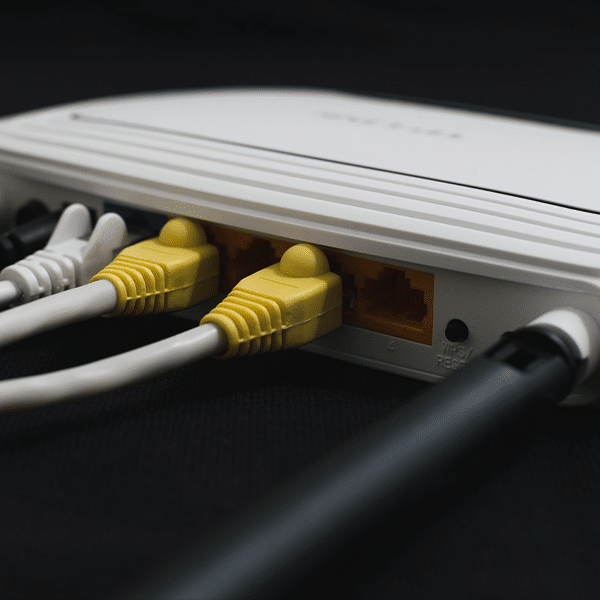AT&T’s 5G technology will underlie JBG SMITH’s National Landing smart city project, according to a letter of intent the companies have signed. A definitive agreement for this AT&T 5G smart city initiative is expected “in the coming weeks,” according to today’s announcement.
National Landing is under construction in the Virginia suburbs of Washington, DC. It spans 6.8 million square feet of existing office space and 2,856 residential units, 808 units currently under construction plus 7.2 million square feet of additional commercial, multi-family and retail development opportunities throughout the community.
JBG SMITH is Amazon’s development partner for its 4.8 million square foot headquarters (HQ2) and master developer for Virginia Tech’s planned $1 billion Innovation Campus.
AT&T will provide will provide a combination of mmWave and “sub6” low band 5G spectrum. The carrier will use an interconnected series of building side-mounts, street furniture and underground network infrastructure that will blanket the Arlington and Alexandria, VA area.
The companies see National Landing “as a canvas” for clusters including defense, cybersecurity, cloud/edge computing, internet of things (IoT), and artificial intelligence (AI). The infrastructure that is created will provide businesses, residents and visitors with near real-time connectivity.
The AT&T 5G smart city aims to also enhance offerings in mobility and self-driving vehicles, immersive retail and entertainment, and building automation and environmental sustainability.
“The development of 5G, AI, cloud and edge technologies is helping usher in the next level of how technology can improve lives,” said AT&T senior vice president Mo Katibeh in a press release. “Together with JBG SMITH, we intend to build a true smart city from the ground up that will allow future innovators to use AT&T’s network to unlock new capabilities through city-wide edge solutions that can serve specific business locations and everyday users at home or on the go. This includes enabling immersive virtual and augmented reality and the massive IoT connections that will become a hallmark of National Landing as the most connected city in the country.”
Like other carriers, AT&T is working to support educational and other entities developing innovative 5G applications and services.
In June, the carrier and the RELLIS Campus of Texas A&M said that it will make private 5G testbeds available to public and private sector organizations this fall. Commercial customers will be supported in development of technology including autonomous and connected vehicles, robotics, roadside safety and physical security, large-scale infrastructure, autonomous agriculture, and Internet of Things (IoT) applications.
In April, AT&T said that it and the University of Connecticut are working on a private 5G network and 5G lab using the carrier’s millimeter and multi-access edge computing (MEC) technology.




